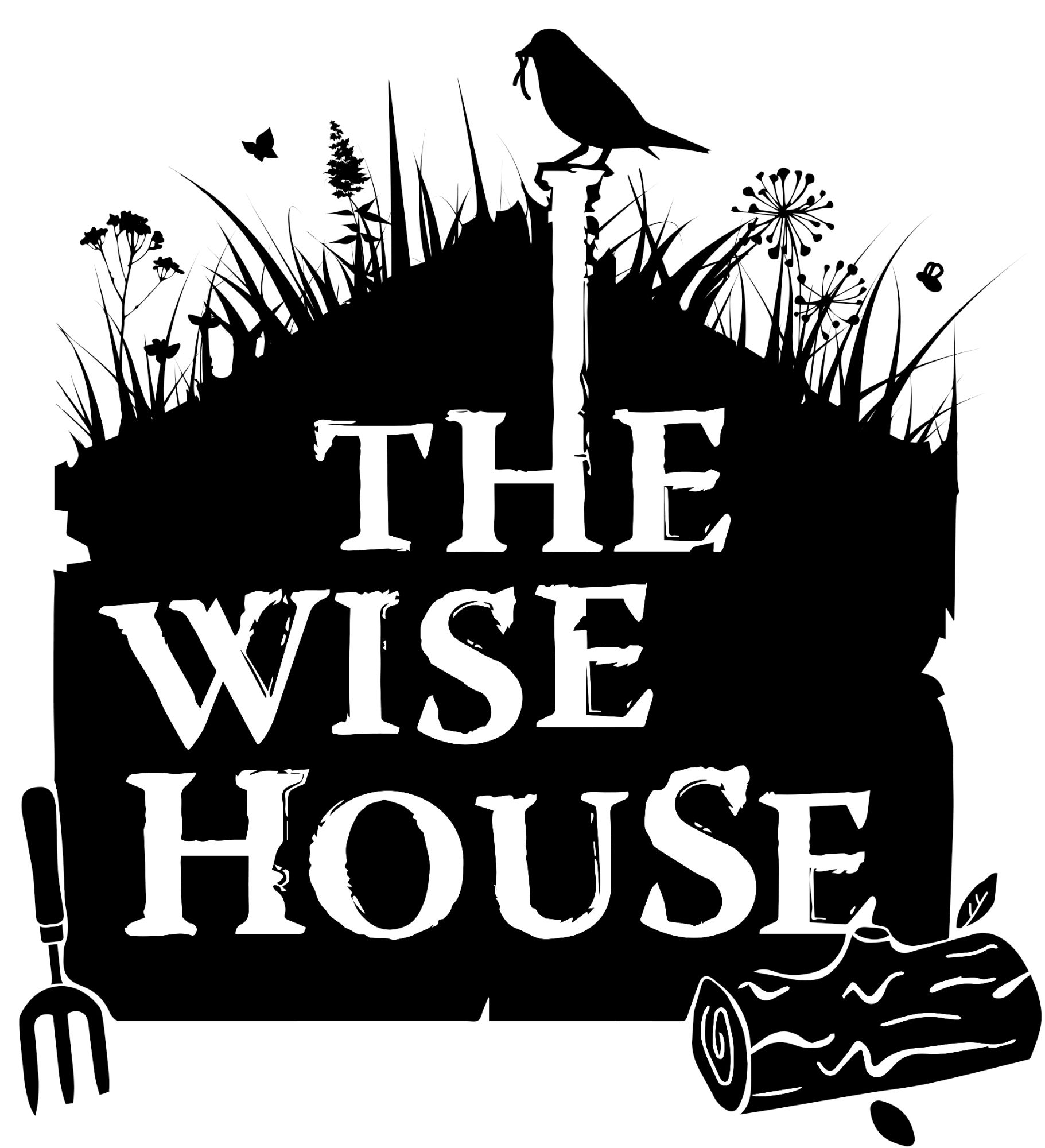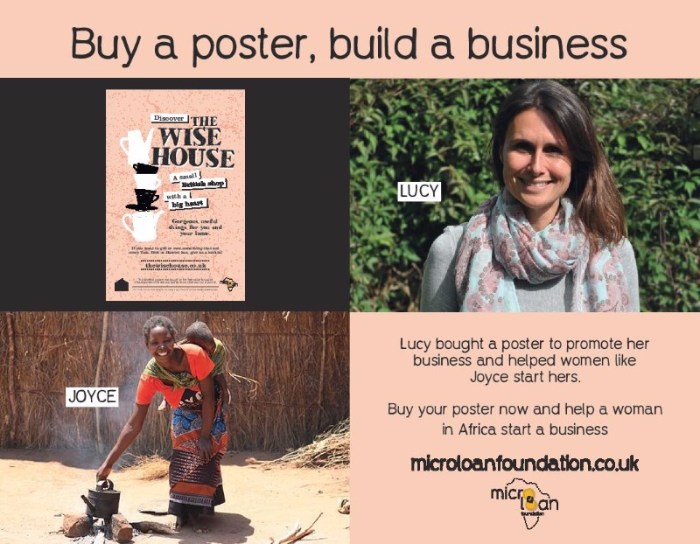Litterpicking - an unlikely Summer Holiday activity
Posted on
| My children find me embarrassing. Fact. I think I am a cool mum. Debatable. I do have an obsession with picking up litter on the way back from the local corner shop. There are always wrappers, bottles and cans strewn across the grass verge and I just can’t seem to walk past and ignore it all, especially as I am so close to home and a bin. This does mean that I can occasionally be seen carrying home empty beer cans. This makes it look like I am boozing in the middle of the day on the street with my children in tow. Yes, embarrassing. However, last week I managed to turn litterpicking into a fun activity for the children and their friends, with the help of some natty litterpicking pincers from our lovely neighbour, Pat. It was a dull old day and the children had exhausted all indoor activities. I noticed that the pincers had featured in one of their imaginary games, and so lightly suggested that perhaps we could go round the local park and use them to pick up litter. I channelled my enthusiasm towards my friend’s lovely daughters, Bethan and Jess, who not only didn’t roll their eyes at me (in the way that only disengaged offspring can) but in fact took on the idea with great excitement! Thus Will and Rose jumped aboard, a plan was formed, and we set off armed with pincers and a black dustbin bag. Before we had walked 10 metres we spotted our first piece of litter. There was a moment of anticipation and excitement as Jess put the pincers to work, followed by a cheer as she deftly dispatched the litter into the bin bag. It was an unexpected moment of joy and laughter (and I’ve never been so pleased to see a piece of litter)! Onwards to the local park, picking up litter as we went. This focused group didn’t even look up as we passed the swings and slides. We were on a mission. Shortly, we came to our first hedgerow thoroughfare and our first real cache of litter. What is it about dense hedges and woodland that entices people to dump their litter there? At this point the children were both excited and appalled in equal measures, with lots of exclamations along the lines of ‘how could they?’ ‘why do they do it?’. We cleared up as best we could (which included me getting caught up on branches in a bid to get that last bin bag containing mystery items). We now had ourselves a proper stockpile. It was good news walking through the nature reserve which was fairly litter-free (aside from the inevitable dog poo in bag hanging from a branch - another new and strange behaviour adopted by us humans!). We then cut back across the rugby pitch. All of a sudden the children were running in all directions; there was rubbish everywhere! We found mostly discarded water bottles, presumably from spectators and players, as well as the usual junk food wrappers. I have noticed this kind of behaviour at my son’s football events, people seem to think it is okay to leave behind coffee cups and drinks bottles at events, presumably expecting someone else to clear up for them? We swept the field SAS style and left it much cleaner than when we found it. Very satisfying indeed. We trudged home with a black sack full of rubbish and our walk had covered only around 1.5 miles. The children were proud of themselves; it definitely opened their eyes to the collective effects of people dropping litter. Jess then told us a story about her eccentric grandmother (she was called Grandjan - grand Janet!) who had an obsession/disgust about littering and would always come back with a handful from wherever she had been (kindred sprirt?!). I do have a bit of a reputation for sitting on the fence in many conversations (I like to call it pragmatic) but my friends know that there are a few things I do feel strongly about, and littering is one of them. It is sad to see so much being dropped on the streets and in the parks. Our world is a much healthier and more beautiful place without litter in it. Unfortunately nature often takes the brunt of the negative effects. The other day, Rose called me in to the lounge to watch a feature on Blue Peter in which they were taking part in a Beach Clean in Whitley Bay organised by the Marine Conservation Society. There was one story that really shocked us - a dead Minke Whale, a whale native to our UK waters, was washed up onto the beach. When scientists dissected it they found 800 grams of rubbish inside its stomach - that is a huge amount! Whales, turtles, seals and other sea life are eating the rubbish in the sea and it is making them very ill, and eventually killing many of them. Almost two thirds of us are litter bugs, according to a survey by Keen Britain Tidy, with only 28% admitting to dropping their rubbish. According to The Metro, £1bn is spent a year on collecting litter, money that comes out of council tax. Samantha Harding, manager of the Stop the Drop campaign outlines how this money makes only a small dent in the amount of rubbish being dropped, ‘The billion pounds doesn’t mean you look around and we’re spotless - we’re only barely getting on top of it and we’re wasting a billion pounds’. Street cleaning budgets have also been cut across the country, so we can’t rely on someone else to clean up our mess (a rather selfish mentality in the first place). We have to take personal responsibility, dispose of our own litter and be part of our community by picking up litter on our own streets. All you need is a bag and a pair of gloves or pincers and off you go! I'm hoping the children might now think I am a bit cool for picking up litter! They definitely think it is very uncool to drop it… |


